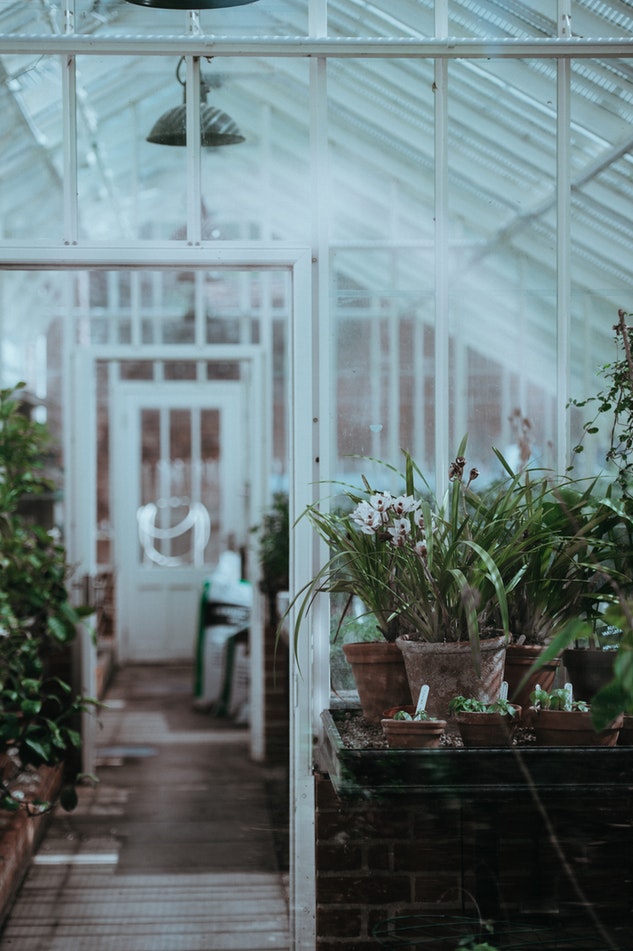Signify, the world’s largest lighting company, has been selling equipment for the horticultural industry for decades and is expanding its greenhouses business, where plants such as tomatoes, lettuce and roses thrive. Recently, however, the demand for a different breeding has exploded: Hash.
A cannabis boom that began several years ago in the run-up to legalization in Canada, Uruguay and some US states is now driving the sale of equipment such as plant lamps. The changes in legislation and increasing consumption have led farmers to rely on controlled and more energy-efficient cultivation in greenhouses.
“Where it’s legal, we’ll do it,” said Eric Rondolat, CEO of Signify, the illuminants division spun off from Royal Philips in Amsterdam. “Worldwide, we see a development in attitude to cannabis production.”
Rondolat’s willingness to talk about marijuana is also a sign of change. The manufacturer generates the majority of its annual turnover of 6.4 billion euros with more profane products such as household lights and street lamps. Until a few years ago, the company did not want to comment on the sale of specialized equipment for the cultivation of medicinal cannabis. “We’ve seen strong growth in the legalization of cannabis lately, and we’re seeing that through our activities,” Rondolat said in a Bloomberg interview.
Greenhouse Boom
Significy’s busier business is supported by forecasts. The market for horticultural lighting is expected to grow from $ 2.1 billion in 2017 to $ 6.2 billion by 2023, driven in part by the legalization of cannabis for medical use, says the consulting firm Market and Markets.
“We are only at the beginning of the greenhouse boom in Europe and are still at a relatively early stage in North America,” said Alex Brooks, an analyst at Canaccord Genuity. Benefits for companies such as Signify signal that cannabis euphoria is entering the manufacturing supply chain. Large companies in the beverage and tobacco industries are also increasing investment. However, the Dutch company is not the only manufacturer of light bulbs to get in.
The German competitor Osram Licht owns investments in several horticultural specialists. In May, the company acquired Austin startup Fluence, which, like Signify, sells more energy-efficient greenhouse LED lighting. A link on his website leads to The Fireweed Factory in Juneau, Alaska. The cannabis plantation is visited annually by about 1 million people as a tourist destination. Osram generally sells to “growers of pharmaceutically usable crops such as cannabis,” a spokeswoman said on request.
Excellent hash forecasts
Forecasts for overall growth in the hash industry are outstanding. Industry consultant Prohibition Partners said more than 50 countries have legalized medical cannabis. Another 10 are expected to be added this year. The UK recently received its first major shipment from the Netherlands after cannabis was approved as a prescription drug last year.
The global legal market will grow from $ 9.9 billion in 2017 to $ 232 billion in 2027, predicts Nikolaas Faes, an analyst at Bryan, Garnier. An increasing number of companies are using new greenhouses with lighting, humidity and temperature control, and thus have a head start over those who have retrofitted and previously used for other crops, he wrote in a report this month.
Signify has a lot to offer competitors, Rondolat said, as it has developed more than 150 types of lighting suitable for different crops, including tomatoes, cucumbers, tulips and cannabis. Each requires its own light intensity and duration to improve yields, accelerate flowering and root growth.
Rare ray of hope
Rondolat already led the fate of Signify before the IPO in 2016. The company still has to show revenue growth when switching from conventional lighting to light emitting diodes or LEDs. With Brexit, rising US inventories, trade tariffs and a slowdown in China, the horticultural business is a bright spot.
“It already has a considerable market size and a very interesting perspective,” said Rondolat. It is difficult for investors to estimate how big the difference can be. The company does not disclose any returns on greenhouse lighting or the sale of specialized equipment for cannabis production. The CEO declined to give details.

